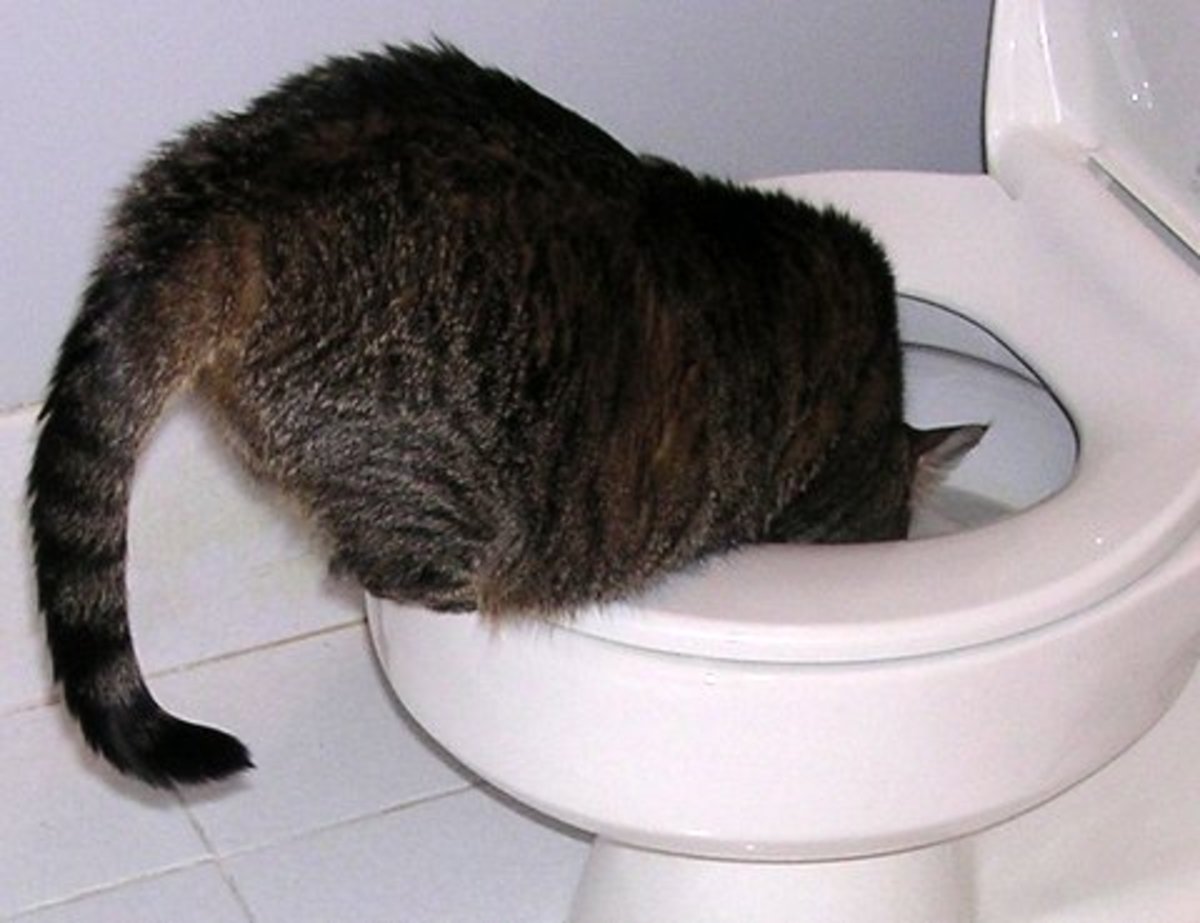Exploring the Dangers of Flushing Animal Waste Down the Toilet
Exploring the Dangers of Flushing Animal Waste Down the Toilet
Blog Article
Just about every person is bound to have their own individual theory about 4 Reasons Why Dog Poop Cleanup is Important.

When it pertains to disposing of waste, particularly animal waste, many individuals often resort to the hassle-free choice of flushing it down the commode. Nonetheless, this apparently simple solution can have serious effects for the environment and public health. In this short article, we'll check out why flushing pet waste down the commode is a negative concept and offer alternative techniques for appropriate disposal.
Intro
Correct garbage disposal is critical for maintaining ecological sustainability and public health. While it might appear safe to flush animal waste down the commode, it can result in various problems, both for the atmosphere and human well-being.
Threats of flushing pet waste
Environmental influence
Flushing pet waste presents dangerous microorganisms and microorganisms right into waterways, which can negatively impact water ecological communities. These pathogens can contaminate water resources and injury marine life, disrupting fragile ecosystems.
Public health problems
Pet waste includes dangerous microorganisms such as E. coli and Salmonella, which can present severe wellness threats to people. Flushing animal waste down the toilet can infect water materials, causing the spread of diseases and infections.
Alternatives to flushing
As opposed to flushing pet waste down the bathroom, there are several different disposal techniques that are much more environmentally friendly and sanitary.
Composting
Composting pet waste is an eco-friendly way to dispose of it. By composting, organic matter is broken down into nutrient-rich dirt, which can be used to fertilize gardens and plants.
Land fill disposal
Disposing of pet waste in a land fill is one more option. While not as environmentally friendly as composting, it is a safer alternative to flushing, as it prevents the contamination of water sources.
Pet dog garbage disposal systems
There are specialized pet dog waste disposal systems readily available that safely and hygienically dispose of pet waste. These systems typically use enzymes to break down waste and get rid of odors.
Steps to appropriate animal garbage disposal
To make certain appropriate disposal of pet waste, follow these actions:
Scooping and nabbing waste
Consistently scoop and bag pet waste utilizing biodegradable bags. This stops waste from polluting the atmosphere.
Using designated waste bins
Dispose of bagged animal waste in assigned waste bins, such as compost containers or garbage dump bins. Avoid flushing it down the commode at all costs.
Cleansing can and pet dog areas regularly
Frequently clean litter boxes and pet dog locations to prevent the accumulation of waste and germs. Use pet-safe cleansing items to preserve health.
Benefits of proper disposal approaches
Adopting correct disposal approaches for pet waste offers a number of benefits:
Minimized environmental pollution
Correct disposal approaches minimize the risk of environmental pollution, protecting rivers and environments from contamination
Lessened risk of water contamination.
By staying clear of flushing animal waste down the commode, the danger of water contamination is dramatically minimized, guarding public health.
Enhanced sanitation and hygiene
Correct disposal techniques promote better sanitation and health, creating a much safer atmosphere for both humans and pets.
Verdict
In conclusion, purging pet waste down the commode is damaging to the setting and public health. By taking on alternative disposal techniques and following correct waste monitoring methods, we can reduce the adverse impact of pet waste and add to a cleaner, healthier earth.
What To Do With website Dog Poo – The Do's And Don'ts Of Disposing Of Faeces
Dog poo bins
Some councils provide dedicated dog waste bins in popular dog-walking areas that can take dog poo that has been bagged but you can legally dispose of dog waste in any public litter bin, as long as it is securely bagged. This also applies to your wheelie bin at home.
Do not flush
Water companies do not recommend flushing dog faeces down the toilet because certain parasites can survive the water processing treatment and are potentially harmful to humans. You should also never consider flushing dog poo that has been bagged down the toilet as the bags will not break down and instead create severe blockages in the sewage system.
In the woods
The Forestry Commission promotes a ‘stick and flick’ method for dealing with waste in the woods. This means finding a stick and using it to flick any poo from off the path so that it is out of the way of other walkers. You could also bury it as long as it is not in an area where there might be livestock.
Livestock
Parasites found in dog poo can be transmitted to livestock if they inadvertently eat infected faeces that has been left on grazing land. This could result in the death of sheep or abortion in cattle so you should always make sure you pick up your dog’s waste in fields where livestock could be present.

As a person who reads about 10 Things You Should Never Flush Down The Toilet, I think sharing that excerpt was really helpful. Are you aware of somebody else who is fascinated about 4 Reasons Why Dog Poop Cleanup is Important? Why not promote it. Thanks for taking the time to read it.
Call Today Report this page